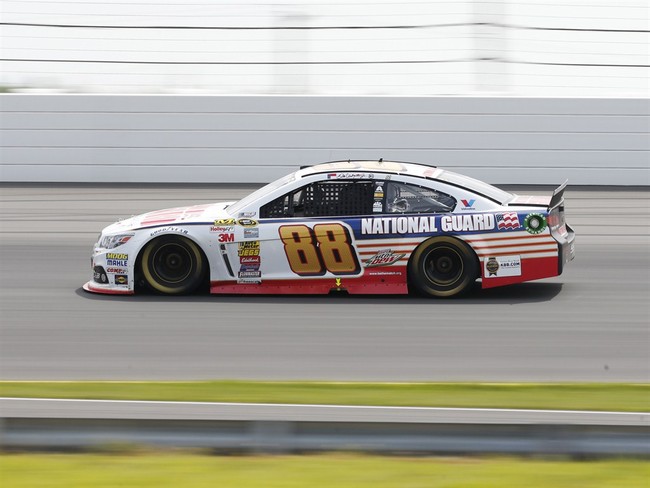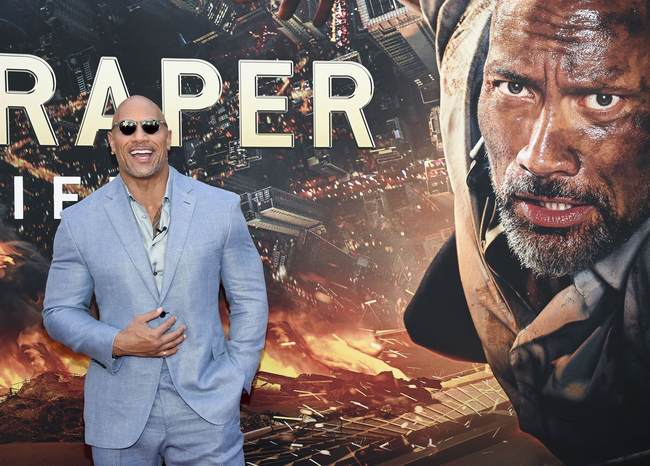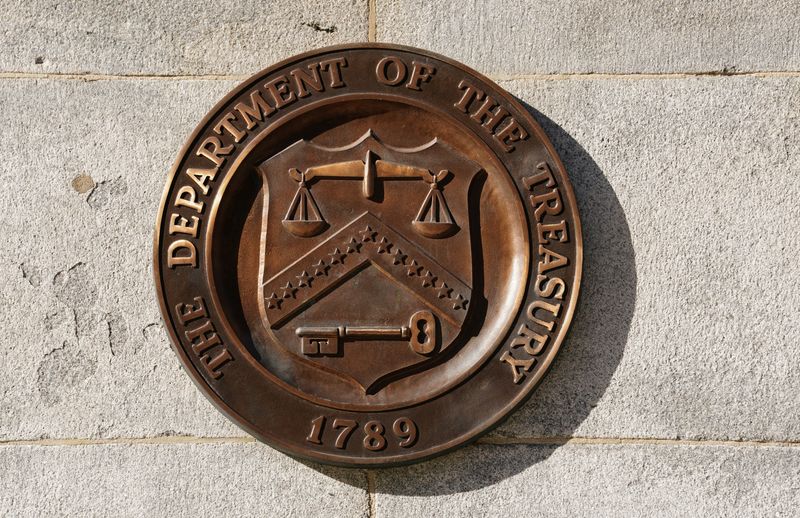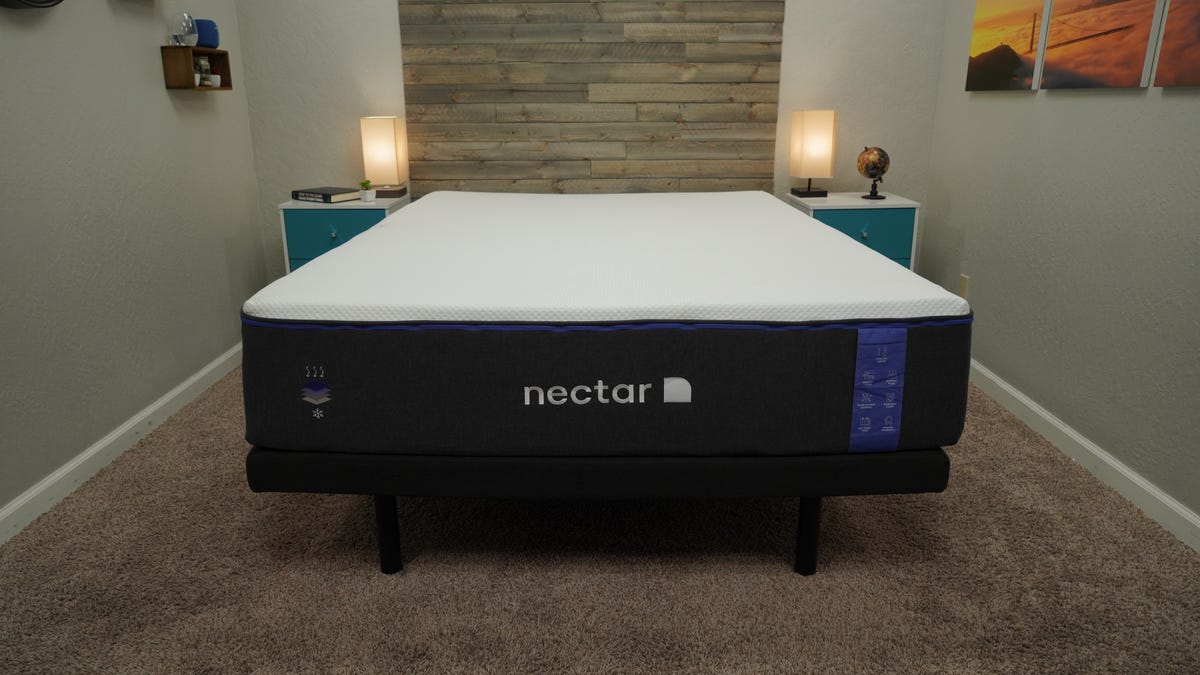Bombs are something familiar to both the U.S. military and football. A recent partnership between those entities led to a third version of the term taking place.
The United States Army is seeking to get a refund from the United Football League, and owner Dwayne “The Rock” Johnson, after a sponsorship deal with the spring football league delivered less than heroic results. In fact, by the end of the season, the Army experienced the opposite of its desired result – there was a drop in recruitment for this branch of the military.
This past Spring brought the fusing of two struggling off-season football leagues, as both reconstituted versions of the USFL and XFL merged to form the United Football League. As this new entity was getting its debut season set up, a partnership was struck with the Army for a season-long promotion totaling $11 million. Part of the marketing agreement involved commercial spots, in-game and stadium advertising as well as sponsored logos on team uniforms. But there is one key piece of promotion the Army targeted.
The Rock.
On social media, Dwayne Johnson is a global monolith, with just his Instagram account alone sporting close to 400 million followers. The agreement with the UFL included a set amount of social media promos from Johnson. All told, at the conclusion the military arm looked over the internal numbers and had to conclude this was a failed mission.
By the end of the season the Army not only failed to generate a spike in new recruits, they determined that it was possible that they finished with a net loss of a few dozen new soldiers. As a result, the Army is crunching the metrics and looking at how this disaster on the field of contests took place, and they are entertaining making a demand for a refund.
The figure of $6 million is being brought up as the compensatory figure, but nothing concrete has yet been established on how that total was reached. One area of focus is on the lack of attention Johnson gave the military on his Instagram account, with 496 million followers. The sponsorship was to include a set amount of pro-Army posts from Johnson, and he managed to deliver only two, featuring him with generals in one, and a tour of Walter Reed in the second.
There were a number of questionable decisions behind this decision. The two prior spring football leagues delivered tepid results, necessitating the merger to remain viable. Attendance at the games was very low, although the television ratings were somewhat encouraging, despite the challenges. The USFL and XFL had independent TV contracts, and these two were spread out so that games each weekend were across the broadcast map. On any given Saturday you might watch on ESPN, Fox, ABC, or Fox Sports-1.
It would require looking in on the contract agreement to see if there was any level of guaranteed returns or pricing rooted in levels of interest. One component that would seemingly have a point of argument for the Army would be Johnson’s lack of activity. It has been estimated that from a promotional aspect, his social media postings for commerce could be worth $1 million per entry.
Two factors might be working against the Army as far as looking for a refund. A previous promotion of this sort was seen about ten years ago with The National Guard, where $88 million had been spent to sponsor Dale Earnhardt Jr. for three seasons on the NASCAR circuit. It was found that no new recruitment could be measured from the promotional effort.
 While it might be difficult to quantify what the expected level of interest was from this UFL partnership another issue is how much could the recent years of social activism in the military be seen as a negative drain on new recruits. Coupled with the high number of retirements and those walking away from the woke mentality it might take more than a football deal to repair the image. Getting any money back from this FUBAR sponsorship will be a needed rebate.
While it might be difficult to quantify what the expected level of interest was from this UFL partnership another issue is how much could the recent years of social activism in the military be seen as a negative drain on new recruits. Coupled with the high number of retirements and those walking away from the woke mentality it might take more than a football deal to repair the image. Getting any money back from this FUBAR sponsorship will be a needed rebate.



